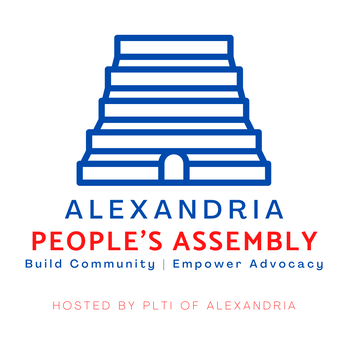What is Parent Leadership?
Parent Leadership is the capacity for parents to interact within society with purpose and positive outcomes for children. Most parents are deeply concerned about the impact of schools, community, and environment on their children, but don't know how these systems function, or how public policy and spending decisions are made. A democracy "toolkit" such as PLTI training fosters the development of these vital skills.
Mission Statement
PLTI seeks to enable parents to become leading advocates for their children. Parents' opinions are often unheard. They may lack advocacy skills, but not the motivation or will to change their children's lives. PLTI teaches parents to become practiced change agents for the next generation.
Our Goals
- Help parents become the leaders they would like to be for children and families
- Expand the capacity of parents as change agents for children and families
- Develop communities of parents within regions of the state that will support one another in skills development and successful parent action for children
- Facilitate systems change for parental involvement with increased utilization of parents in policy and process decisions
- Increase parent-child interactions and improve child outcomes through parent involvement
Our Cornerstones
PLTI cornerstones are respect, validation, and a belief that when the tools of democracy are understood, the public will become active participants in communities.
Who Are the Leaders?
Parents, caregivers, and others concerned about improving systems and outcomes for children.
What We Do
Parent Leadership Training Institute of Alexandria (PLTI) helps parents become the leaders they would like to be for children and families, expands the capacity of parents as change agents for children and families, develops communities of parents within regions of the state that will support one another in skills development and successful parent action for children, facilitates systems change for parental involvement with increased utilization of parents in policy and process decisions, increases parent-child interactions, and improves child outcomes through parent involvement.
Alexandria People's Assembly
|
